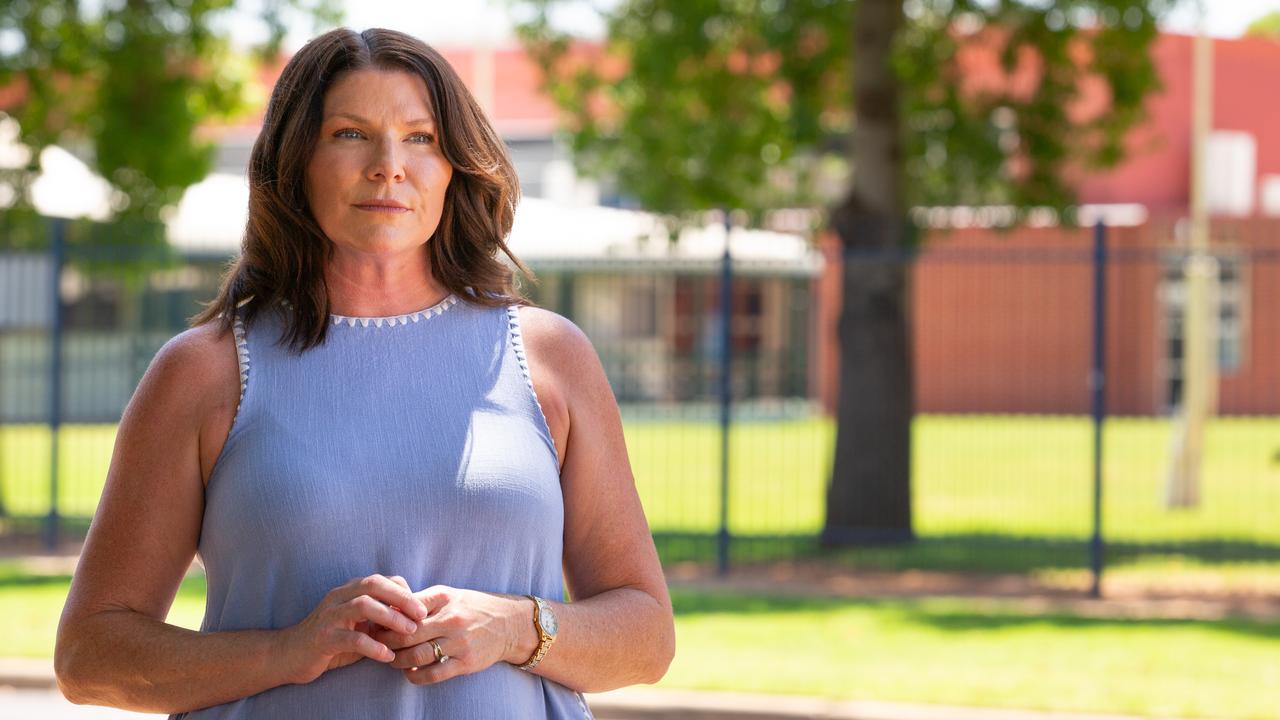Sharing top teachers at centre of Victorian school reforms
PRINCIPALS face being hired and fired by school councils and teachers would work in several schools under proposed changes in Victoria.
PRINCIPALS face being hired and fired by school councils, teachers would work in several schools and business leaders would be head-hunted to drive reform at campuses under the biggest changes to the Victorian education system in decades.
Victorian Education Minister Martin Dixon will today detail his vision for the Coalition's "third wave" of reforms, including plans to corporatise school governance and a desire to draft expert membership from the private sector to government school councils.
Mr Dixon's review is expected to lead to the greater use of high-performing principals and teachers (so-called super teachers) at multiple campuses to share skills and encourage innovation.
The review will explore an overhaul initially centring on high-performing schools, with the results to influence the rollout in the public school sector.
It will flag long-term changes for state schools including allowing governing bodies to hire principals, manage their performance and to introduce flexibility to teacher employment arrangements.
Greater autonomy for successful schools will be at the heart of the review, as will more corporate approaches to governance. The strategy will be modelled in part on systems in the US and Britain.
The long-term aim will be for under-achieving campuses to transform the way they work by learning from the gains of successful schools. They will be encouraged to have greater say over the curriculum to tailor teaching to specific needs in school catchment areas.
A so-called federated governance model would encourage the best principals and teachers to work at multiple schools.
It is likely big business will be asked to contribute to the reforms. Mr Dixon will today call for schools to explore the next steps in local decision-making.
"For too long, school communities have been held back from new and innovative ideas because of centralised control over key decision-making," he said. "I am committed to exploring every option for reforming school governance to give local communities real control over their local schools."
The Dixon review is being seen within the Baillieu government as the biggest step in education since the election of Jeff Kennett in 1992, when schools were handed considerably more power.
The government will argue today: "Victorian schools will only be able to fully meet future needs of students by collaborating and fostering networks of partners to build personal learning experiences for each student.
"This is particularly true in addressing the complex needs of students who are disadvantaged or vulnerable. The government is committed to encouraging the spread of this approach across all Victorian schools and will demonstrate this commitment through investment in partnerships where practicable."
The government's announcement is certain to be greeted with suspicion by the teachers' union.
The announcement will be part of a broader policy position paper on schools, which will deal with the education agenda over the next 10 years.
"Meaningful partnerships between the non-government and government school sectors will be supported," the government will say. "At a system level, this will include improved opportunities to identify and work together on a range of reforms and initiatives that will benefit all Victorian students."


